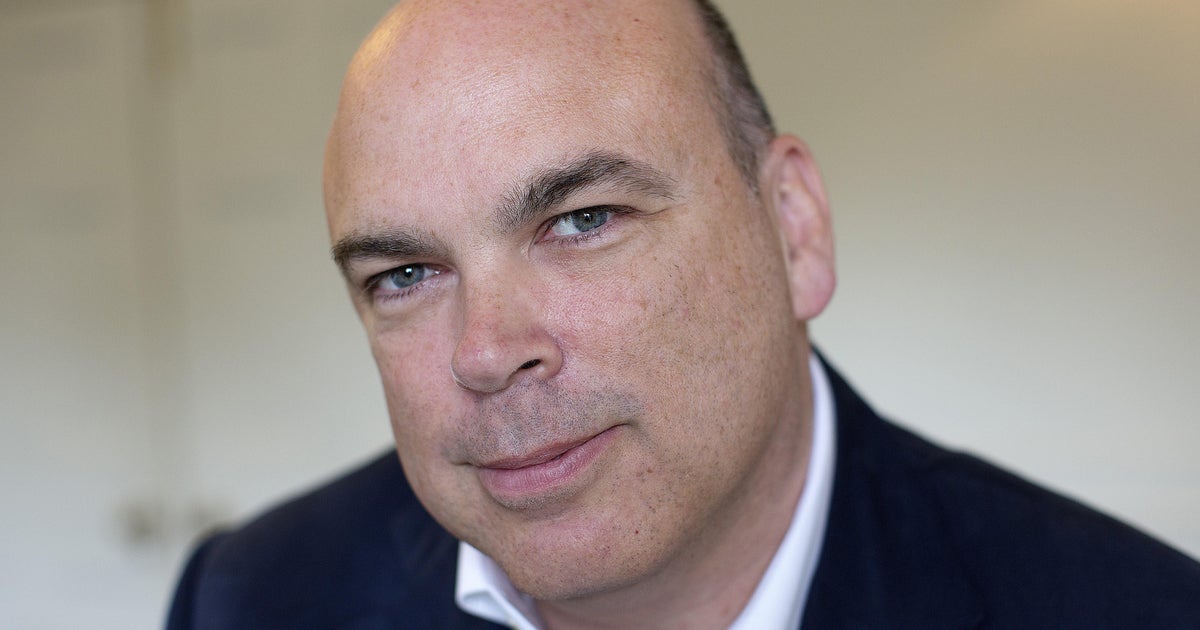Mike Lynch, once hailed as “Britain’s Bill Gates,” is now among the six people missing after his luxury yacht sank in a violent storm off the coast of Sicily. At the time of the disaster, Lynch had been trying to shake more than a decade of legal entanglements that ended in June when he was cleared of fraud and conspiracy charges.
Lynch, 59, rose to prominence in the late 1990s with the development of his software company, Autonomy, which helped businesses quickly find information buried in email and other digital documents. In 2011, Lynch sold the business to Hewlett-Packard for $11 billion, giving him a $800 million payday and cementing him as one of the U.K.’s richest people.
But the acquisition was later called one of the “most notorious failed mergers and acquisitions” after HP discovered alleged accounting issues, leading to Lynch’s firing by HP’s then-CEO, Meg Whitman. HP claimed that Autonomy had used accounting improprieties to bolster its underlying financials ahead of the acquisition, charges that Lynch steadfastly denied.
The case stretched into a 12-year legal fight that ended in June 2024 when a federal court jury in San Francisco delivered not-guilty verdicts.
“I am looking forward to returning to the U.K. and getting back to what I love most — my family and innovating in my field,” Lynch said in a statement after the verdict.
Here’s what to know about Lynch.
What company did Mike Lynch start?
Lynch, who earned a PhD in mathematical computing from the U.K.’s Cambridge University, first cofounded a company called Cambridge Neurodynamics, based on the cofounders’ work with pattern recognition. The firm used the tech to match fingerprints and car license plates, according to a 1997 article in The Guardian.
From there, Lynch cofounded Autonomy in 1996, which relied on a statistical model called Bayesian inference, named after a theorem developed by the 18th century statistician Thomas Bayes. (Lynch’s luxury yacht was christened the “Bayesian.”)
The company tapped into the growing need of businesses to sort through and find information within the vast reams of data created by the increasing use of computers and digital documents.
Autonomy’s steady growth during its first decade resulted in Lynch being awarded one of the U.K’s highest honors, the Office of the Most Excellent Order of the British Empire in 2006.
Lynch told The Guardian in 1997 that people didn’t quite believe that a growing tech business could emerge from the U.K.
“I have actually heard the comment, ‘England, software? I thought you made bone china,'” he told the newspaper.
What happened after Autonomy’s acquisition by HP?
At first, HP celebrated the purchase as a huge coup that would propel the Palo Alto, California, company down a promising new path, but then quickly came to regret it under then-CEO Meg Whitman.
HP claimed it found accounting irregularities, and the company ended up recognizing $8.8 billion in losses in the Autonomy deal. Whitman eventually fired Lynch in 2012, while also laying off thousands of workers as HP’s fortunes sagged.
Throughout the past 12 years, Lynch rejected the allegations. He told the Wall Street Journal in 2012 that he was “ambushed” by the claims, which he described as “completely and utterly wrong.”
What happened with Mike Lynch’s legal case?
Lynch maintained his innocence while testifying earlier this year before a jury during a 2 1/2 month trial in San Francisco. U.S. Justice Department prosecutors called more than 30 witnesses in an attempt to prove allegations that Lynch engaged in accounting duplicity that bilked billions of dollars from HP.
The jury, as noted above, delivered not-guilty verdicts in June, vindicating Lynch, who pledged to return to the U.K. and to find new ways to innovate.
Who is Mike Lynch’s wife?
Mike Lynch is married to Angela Bacares, who is one of the people rescued from the Mediterranean after the yacht sank. Lynch and Barares have two daughters. One of them, Hannah, 18, is among the missing, according to the BBC.
Bacares, 57, owns shares in Darktrace, a British cybersecurity company she and Lynch co-founded, the Sun noted. She sat in the front row of the courtroom during her husband’s trial, but generally has preferred to stay out of the public eye, the Times of London reported in July.
“We made the decision that Angela would not be involved in the case. She stayed completely separate. Her focus was the family and children,” Lynch told the Times last month.
— With reporting by the Associated Press.

